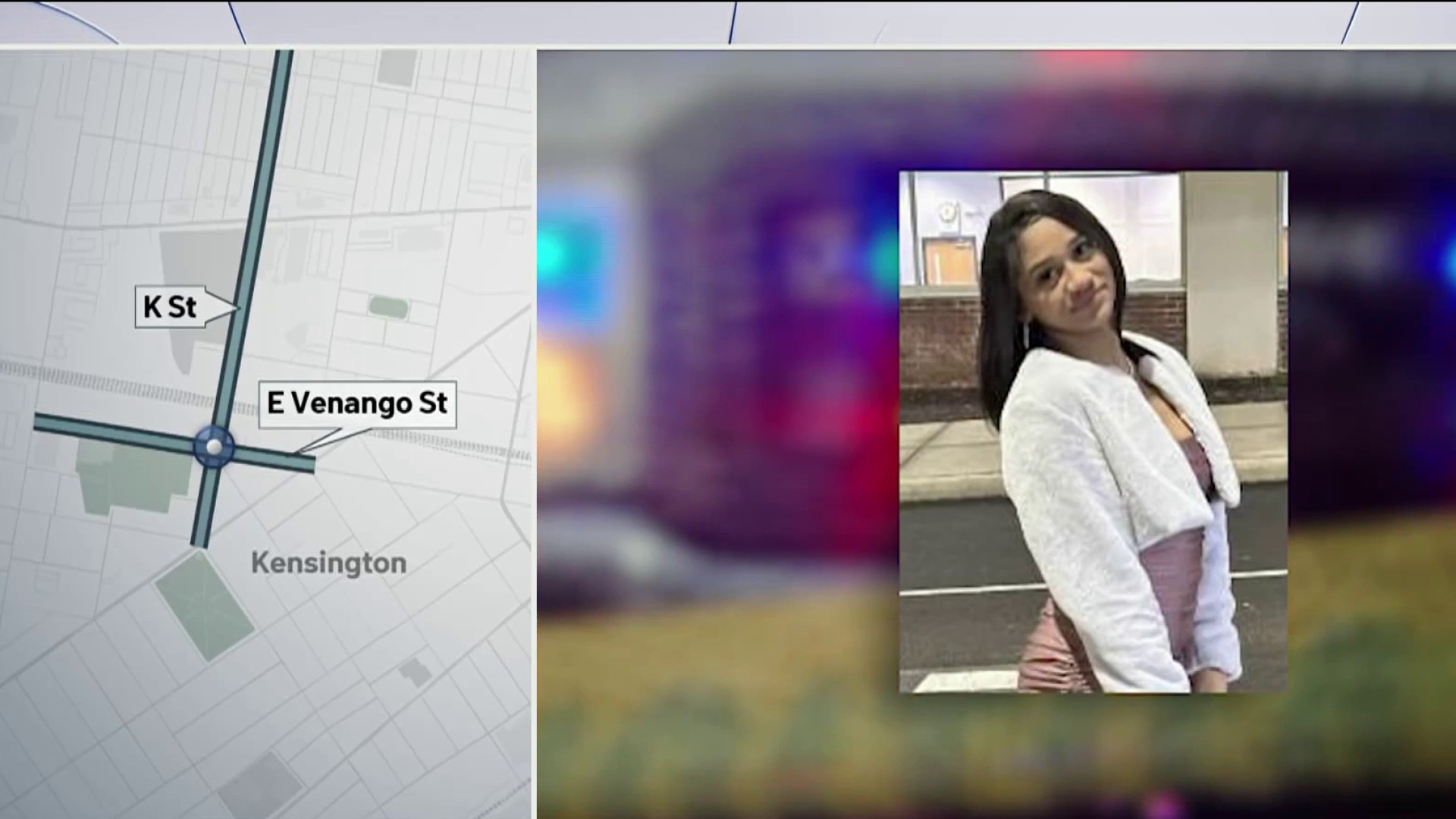Coast Guard officials are investigating a possible link between last week's false distress call reporting a yacht explosion in Sandy Hook, N.J. and another recent hoax call off the waters of Galveston, Texas, NBC 4 New York first reported Tuesday.
Coast Guard officials said in a news conference Wednesday they are investigating suspicious similarities between the two calls and trying to see if they are connected, including whether the same male caller made them.
In last Monday's false distress call, a man contacted the Coast Guard on a radio line, reporting an explosion on a boat called the Blind Date about 17 nautical miles east of Sandy Hook.
The caller described himself as the captain in the 20-second call.
"We have 21 souls on board, 20 in the water right now. I have three deceased on board, nine injured because of the explosion we've had... I'm going to stay by the radio as long as I can before I have to go overboard," the caller says in the audio clip released by the Coast Guard.
In a similar distress call in Galveston, Texas in May, a man told the Coast Guard, "This is fishing vessel Scallywag. We're about two miles from the channel... We have an on-board emergency. We are taking on water, sir."
Local
Breaking news and the stories that matter to your neighborhood.
Authorities point out the same terminology was used by both callers and included nonstandard nautical phrases like "taking on water," instead of "sinking." The callers used "souls" to describe the people on board and "beacon" to described a supposed automatic signaling device on life rafts.
In both cases, the callers specifically contacted a Coast Guard Vessel Traffic Service and said their GPS systems weren't working. The two hoax calls each sparked massive search and rescue efforts.
Coast Guard Captain Gregory Hitchen said Wednesday that a reporter from the Houston area called its investigative unit after learning of the hoax call in New Jersey.
The Texas case had not been declared a hoax when it was made in April, but was classified as an unresolved distress call, Hitchen said. Investigators listened to the audio and "put together enough similarities," he added.
Dennis Walsh, a retired NYPD detective and a forensic audio expert, said while the voice print won’t necessarily identify the caller, it can help with the investigation.
“It makes the interview evidence process easier because it’s really cogent evidence to lay a voice print in front of a suspect,” said Walsh.
Hitchen urged anyone with information about either call to contact investigators.
"These cases are very difficult to solve without help from the public," he said.
There is currently a $3,000 reward for any information leading to the arrest and prosecution of someone involved in the New Jersey call.



